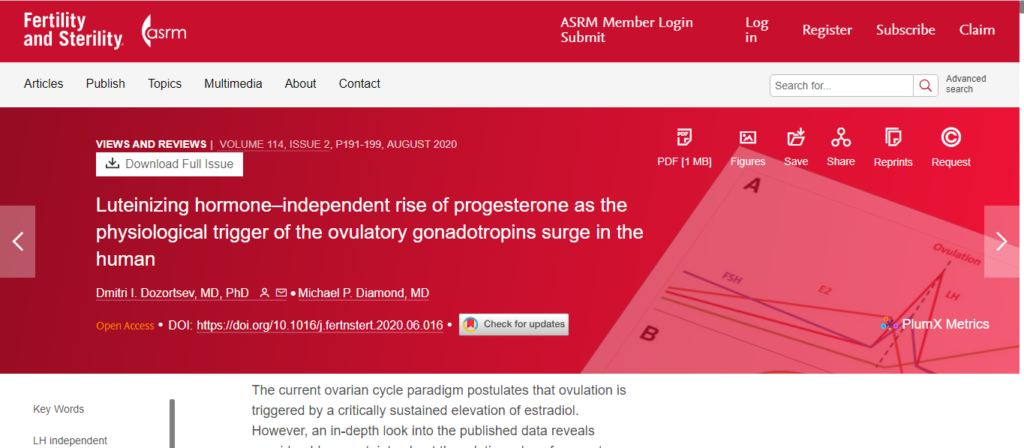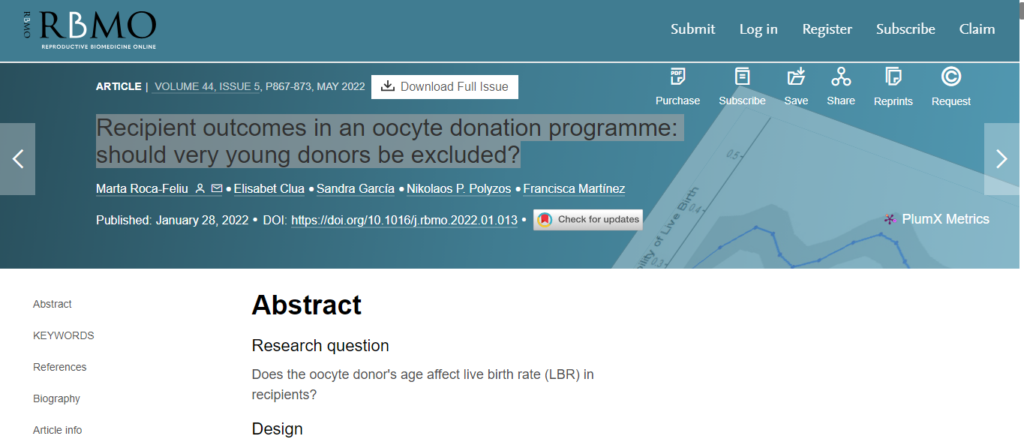Infertility treatment is often challenging, but sometimes things can get really tough, when a male partner does not have any sperm in ejaculate because of prior vasectomy, infection or unknown reasons.
In such case, a surgical extraction of the sperm cells from the epididymis or a testicle by a trained urologist is the only option.
During the procedure, a urologist takes a sample of testicular tissue and places it into tube with culture medium.
Then a currier or a family member delivers the samples to the In Vitro Fertilization laboratory where an embryologist will be looking for the sperm cells and hopefully will find a sufficient number to fertilize women’s eggs.
While taking a sample, a urologist cannot see whether it has sperm cells. Therefore, he is taking multiple samples, hoping that at least one of them will be fruitful.
More samples, means more damage to the testicular tissue and longer recovery time.
Dr. Dmitri Dozortsev, an IVF laboratory director at Advanced Fertility Center of Texas (AFCT) helps to limit testicular damage by bringing a part of his laboratory right into the urologist office or an operating room.
In sync with the surgeon he examines each sample using a specially designed inverted microscope while the urologist pauses for about a minute. As soon as Dr. Dozortsev finds that the sample contains a sufficient number of sperm cells, a urologist can stop the procedure.
This limits patient’s testicular damage to the minimum. In fact, it is not uncommen that the procedure stops after a single biopsy.
What’s more? There is no extra charge for Dr. Dozortsev’s assistance at the procedure. It is done a curtesy to the urologist and the patient.
Just one more reason to consider when choosing the place for your IVF procedure.



